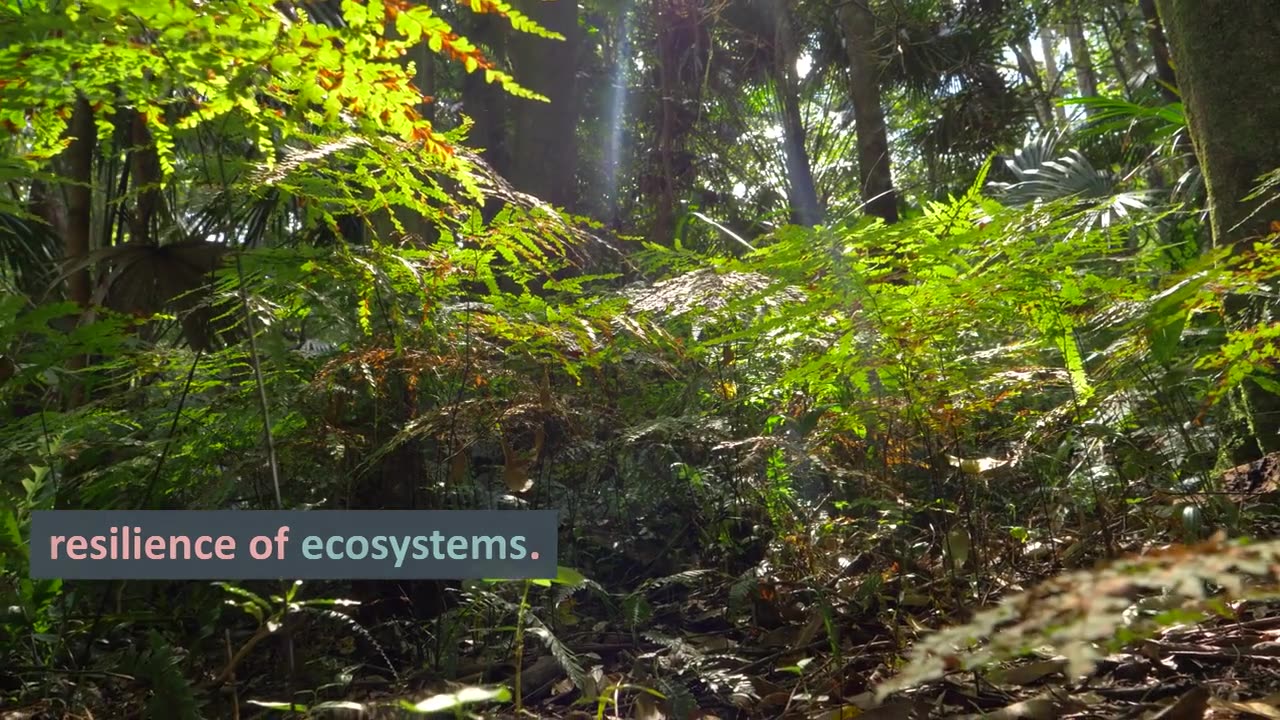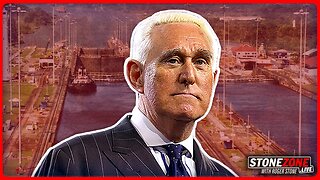Premium Only Content

climate change
Climate change is one of the most pressing challenges facing our planet today. It refers to long-term shifts in weather patterns and average temperatures, primarily caused by human activities such as burning fossil fuels, deforestation, and industrial processes. The consequences of climate change are far-reaching and impact various aspects of our lives, including the environment, economy, and human well-being.
One of the most significant effects of climate change is the rise in global temperatures. Over the past century, the Earth's average temperature has increased by about 1 degree Celsius. This may not seem like a significant change, but even small temperature increases can have profound effects. Rising temperatures contribute to the melting of glaciers and ice caps, leading to rising sea levels. This poses a significant threat to coastal areas and island nations, as well as increasing the risk of more frequent and severe coastal flooding.
Another consequence of climate change is the disruption of ecosystems and biodiversity loss. Many species are struggling to adapt to the rapidly changing conditions, leading to shifts in the distribution of plant and animal populations. Coral reefs, for example, are highly sensitive to even slight temperature increases, resulting in widespread bleaching events that harm the delicate balance of these ecosystems. The loss of biodiversity has cascading effects on food webs and can lead to the extinction of species, reducing the overall resilience of ecosystems.
Extreme weather events are becoming more frequent and intense due to climate change. Heatwaves, droughts, hurricanes, and heavy rainfall events are becoming more common in various parts of the world. These events have devastating impacts on communities, causing loss of life, damage to infrastructure, and disruptions to agriculture and food production. Vulnerable populations, such as those in low-lying coastal areas or regions with limited resources, are particularly at risk.
Climate change also poses risks to human health. Rising temperatures and changing weather patterns contribute to the spread of infectious diseases, such as mosquito-borne illnesses like dengue fever and malaria. Heatwaves can lead to heat-related illnesses and even death, especially among the elderly and those with pre-existing health conditions. Additionally, the degradation of air quality due to increased pollution exacerbates respiratory issues and cardiovascular diseases.
The economic consequences of climate change are substantial. The agricultural sector is particularly vulnerable, as changes in rainfall patterns and increased frequency of extreme weather events can disrupt crop production and reduce yields. This not only affects food security but also has ripple effects throughout the global economy. Industries dependent on natural resources, such as fishing and forestry, are also at risk. Additionally, the costs associated with adapting to climate change and mitigating its effects can be substantial, straining public budgets and hindering development efforts in many countries.
Recognizing the urgent need to address climate change, the international community has made efforts to reduce greenhouse gas emissions. The Paris Agreement, signed in 2015, aims to limit global warming to well below 2 degrees Celsius above pre-industrial levels and pursue efforts to limit the temperature increase to 1.5 degrees Celsius. Many countries have committed to transitioning to cleaner energy sources, investing in renewable energy, and implementing policies to reduce carbon emissions. However, achieving these goals requires global cooperation and sustained efforts from all sectors of society.
In conclusion, climate change is a complex and multi-faceted issue that poses significant challenges to our planet and its inhabitants. The consequences of climate change, including rising temperatures, sea-level rise, biodiversity loss, extreme weather events, and health risks, are already being felt around the world. Addressing climate change requires immediate action to reduce greenhouse gas emissions, transition to sustainable energy sources, protect vulnerable communities, and promote resilience. By working together, we can mitigate the impacts of climate change and ensure a sustainable future for generations to come.
-
 LIVE
LIVE
The Quartering
23 hours agoYule Log Christmas MAGA Edition With Memes! Come Hang Out!
1,409 watching -
 38:41
38:41
MYLUNCHBREAK CHANNEL PAGE
1 day agoTimeline Begins in 1800? - Pt 1 & 2
42.6K32 -
 1:23:41
1:23:41
Game On!
23 hours ago $9.53 earnedNetflix NFL Christmas Games Preview and Predictions!
56.6K9 -
 2:05:07
2:05:07
Darkhorse Podcast
1 day agoWhy Trump Wants Greenland: The 257th Evolutionary Lens with Bret Weinstein and Heather Heying
289K454 -
 8:50:58
8:50:58
Right Side Broadcasting Network
1 day ago🎅 LIVE: Tracking Santa on Christmas Eve 2024 NORAD Santa Tracker 🎅
341K46 -
 2:48
2:48
Steven Crowder
1 day agoCROWDER CLASSICS: What’s This? | Nightmare Before Kwanzaa (Nightmare Before Christmas Parody)
316K12 -
 33:49
33:49
Quite Frankly
1 day agoThe Christmas Eve Midnight Telethon
118K22 -
 2:12:46
2:12:46
Price of Reason
1 day agoAmber Heard BACKS Blake Lively Lawsuit Against Justin Baldoni! Is Disney CEO Bob Iger in TROUBLE?
69.1K24 -
 1:01:17
1:01:17
The StoneZONE with Roger Stone
20 hours agoChristmas Edition: Why the Panama Canal is Part of the America First Agenda | The StoneZONE
139K51 -
 18:12:15
18:12:15
LFA TV
1 day agoLFA TV CHRISTMAS EVE REPLAY
150K19